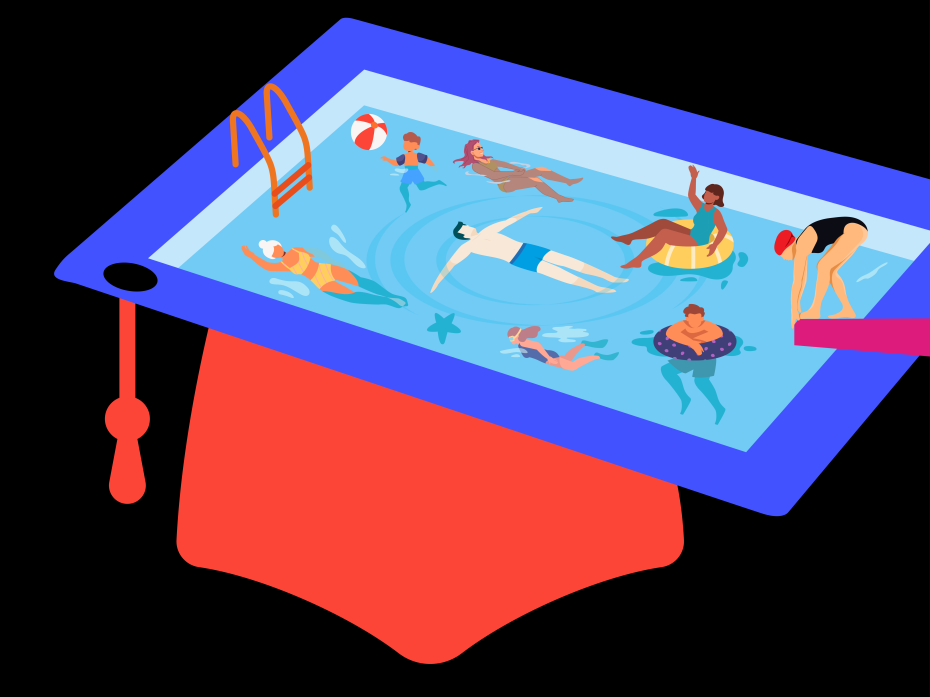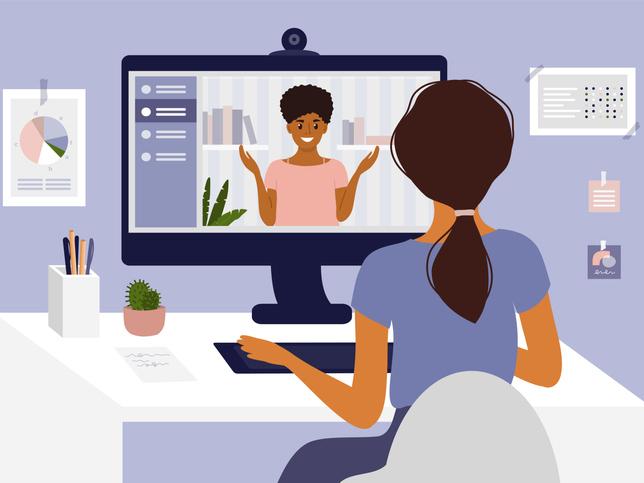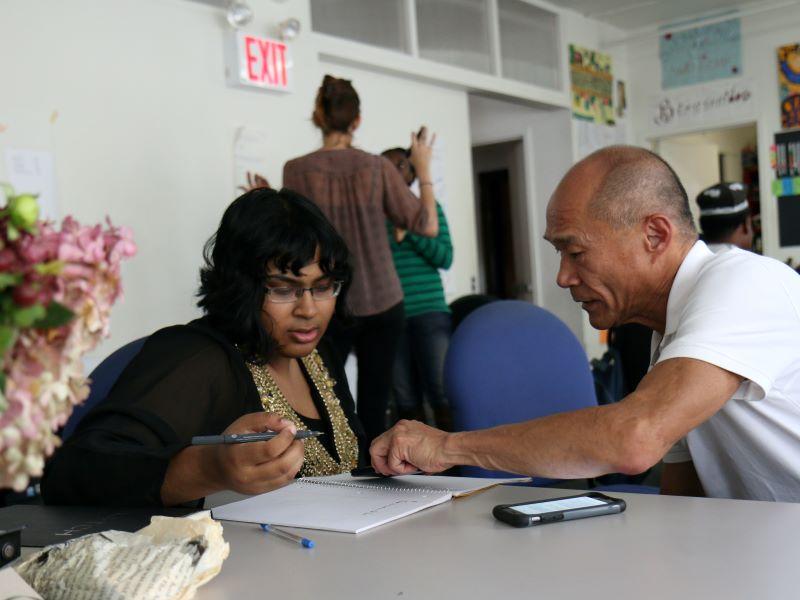What is lifelong learning?
Lifelong learning is the continuous voluntary pursuit of education and skills throughout a person’s life, far beyond the end of their formal education. It is essential for addressing global employability issues.
Higher education institutions can take actions to ensure an environment that supports this process. In her resource, Cheong Fan proposes key components of a lifelong learning culture and how these could be put in place.
With global challenges constantly changing the educational landscape, the issues students learn about at university are likely to change in future, argues Kevinia Cheung, assistant educational development officer at the Hong Kong Polytechnic University. The answer? That students “learn to learn”, which involves building a range of cognitive, metacognitive and social skills. In her resource, she explains the techniques she uses to develop students into effective lifelong learners.




















